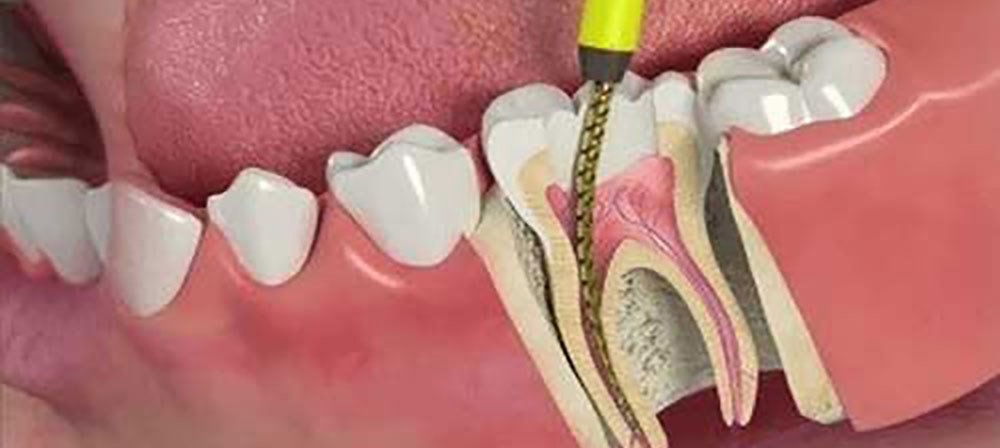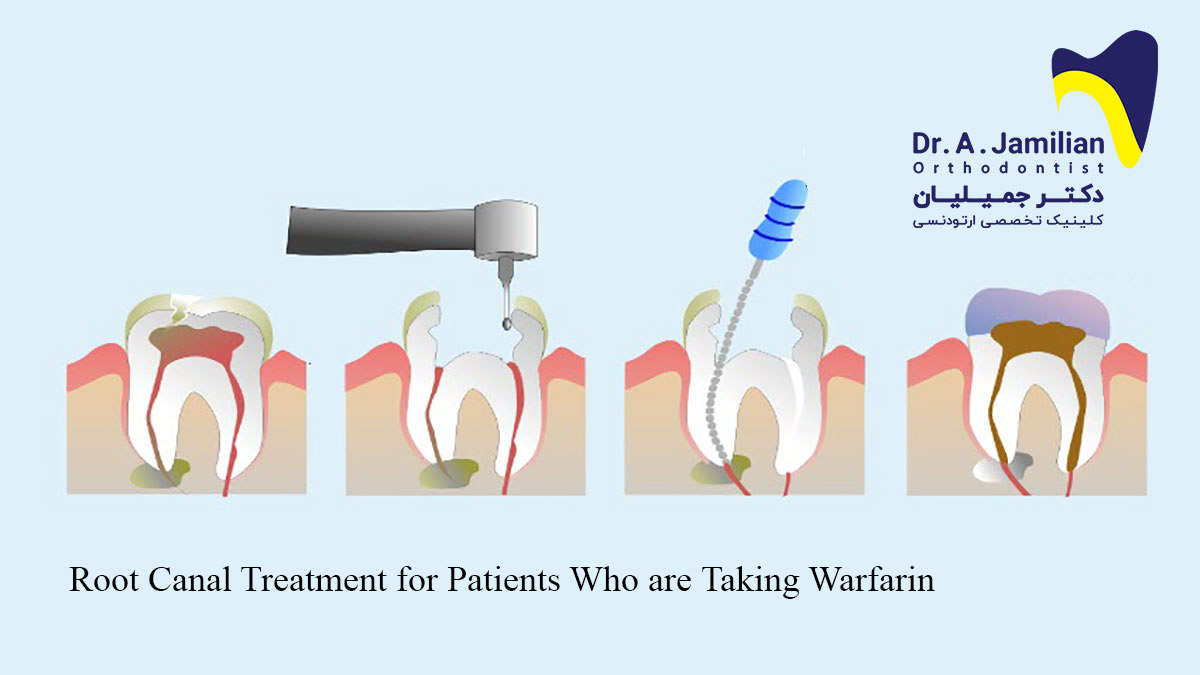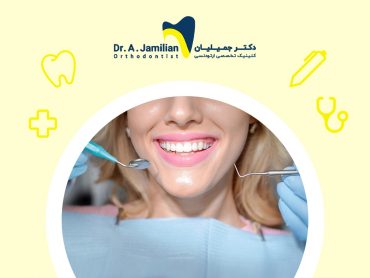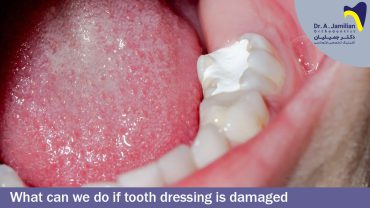Iran’s population age pyramid shows that the dentists will face a large number of elderly clients that need special care in the future. Old people usually take several medicines, some of which may interact with dental treatments. Warfarin a medicine commonly prescribed for dentistry clients. Dentists should review the dental history, general health status, and the medications taken by all their clients, especially old ones.
What is warfarin?
Warfarin, sold under the brand name Coumadin among others, is a medication that is used as an anticoagulant. Patients wrongly refer to warfarin as a blood thinner; warfarin does not eliminate previous blood clots but slows down the blood-clotting mechanism by disrupting the metabolism of vitamin K in the liver.

Warfarin may be prescribed for patients to prevent thrombosis and thromboembolism following heart attacks or strokes, open-heart surgery, prosthetic heart valves, previous deep vein thrombosis (DVT), antiphospholipid syndrome (APS), and so on. The efficiency of warfarin therapy is measured by the INR test; a score of 2 to 4 on this test indicates low risk.
The INR and PT tests are prescribed by your doctor for patients who are taking warfarin. This test is used to control anticoagulants. Warfarin shows its anticoagulant effect two to seven days after consumption.
In principle, this test calculates the time required for the patient’s blood to clot. Overuse of warfarin can lead to fatal bleeding. For this reason, physicians recommend that patients taking warfarin perform the INR test at times prescribed by their physician. The higher number of the INR test, shows the longer time it takes for the blood to clot. If your INR test number is higher than 4, it is dangerous for you to have any surgery or dental procedures.
Warfarin and root canal treatment
When a dentist visits a patient who is under warfarin therapy, the first question is whether the medication is going to be temporarily discontinued (In some cases, your doctor may ask you to discontinue the medicine periodically). If the answer is “yes”, the dentist can begin the root canal treatment. Otherwise, the dentist cannot ask the patient to temporarily discontinue or change the dosage of warfarin without permission from the medical team (so-called the anticoagulant team). In such cases, it is important to know the patient’s INR score. If the patient’s INR score is 4 or lower, root canal treatment can be performed when it is not needed to anesthetize the mandibular inferior alveolar nerve block (IANB). However, it is necessary for the dentist to the patient’s treating physician before endodontic surgical treatments that require mucoperiosteal flap and the IANB anesthesia (when the INR score is 2.5 or 3). It is noteworthy that the INR test should be performed 24 to 72 hours before and preferably just before the dental procedure.
Common dental medications and warfarin:
Some antibiotics may affect the INR test result over time. However, the short-term administration of antibiotics for dental purposes does not cause remarkable clinical effects. Therefore, dentists can prescribe antibiotic prophylaxis for patients without asking them to discontinue or change the dosage of anticoagulants. Dentists are recommended to avoid prescribing aspirin and non-steroidal anti-inflammatory drugs (NSAIDs) as analgesics. COX-2 inhibitors are also recommended not to be prescribed for this purpose. Rather, simple acetaminophen or in combination with narcotics is a better choice as an analgesic.



